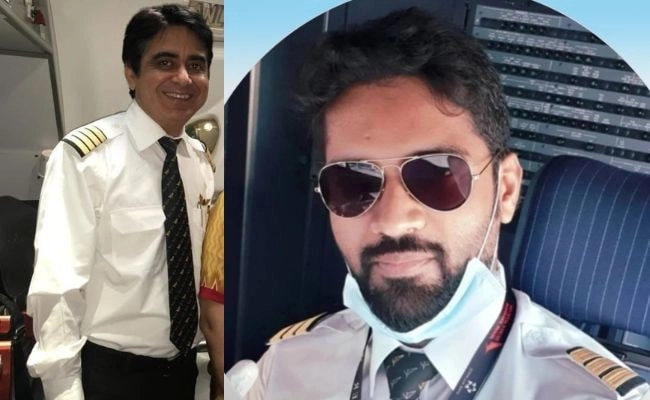In a significant development in the trial of Tahawwur Rana, the testimony provided by David Headley played a crucial role in establishing Rana’s involvement in the planning and execution of the 2008 Mumbai attacks. Headley, a key figure in the attacks, shared detailed accounts of how Rana, a close associate, facilitated logistical support for the operation. His testimony painted a vivid picture of the collaboration between Rana and the terrorist group Lashkar-e-Taiba, highlighting the extent of Rana’s involvement in the planning stages. Headley’s assertions were not merely anecdotal; they were bolstered by evidence that linked Rana to the operational aspects of the attack, including the recruitment of operatives and the gathering of intelligence on potential targets.
The Indian court proceedings leaned heavily on Headley’s narrative, which underscored the intricate network of support that enabled the Mumbai attacks to unfold. Headley’s revelations about Rana’s role in providing vital assistance, such as securing travel and funding, illustrated a complex web of conspirators that operated in the shadows. During the trial, Headley elaborated on specific instances where Rana’s actions directly contributed to the success of the attack, demonstrating how his logistical expertise was integral to the terrorists’ plans. This testimony not only placed Rana at the center of the conspiracy but also emphasized the broader implications of international terrorism and the threat posed by such networks.
Furthermore, Headley’s credibility as a witness added weight to the prosecution’s case against Rana. Being a co-conspirator who later turned informant, Headley’s insights were invaluable, as they provided a first-hand account of the operations and mindset of the perpetrators. His willingness to testify, despite the risks involved, highlighted the seriousness of the charges against Rana and the necessity of holding individuals accountable for their roles in terrorism. The Indian court, taking into account the detailed and corroborative nature of Headley’s testimony, was inclined to view Rana’s actions in a grave light. This has significant ramifications not only for Rana but also for ongoing efforts to combat terrorism on an international scale, as it underscores the need for cooperation among nations in addressing such threats.
In summary, David Headley’s testimony was instrumental in nailing down Tahawwur Rana’s culpability in the Mumbai attacks, revealing the depth of his involvement and the operational support he provided. This case serves as a stark reminder of the complexities of global terrorism, where individuals across borders can collaborate to orchestrate devastating acts. The courtroom revelations have opened up discussions on international cooperation in counter-terrorism efforts, as the need for vigilance and action becomes increasingly evident in the face of such grave threats.




